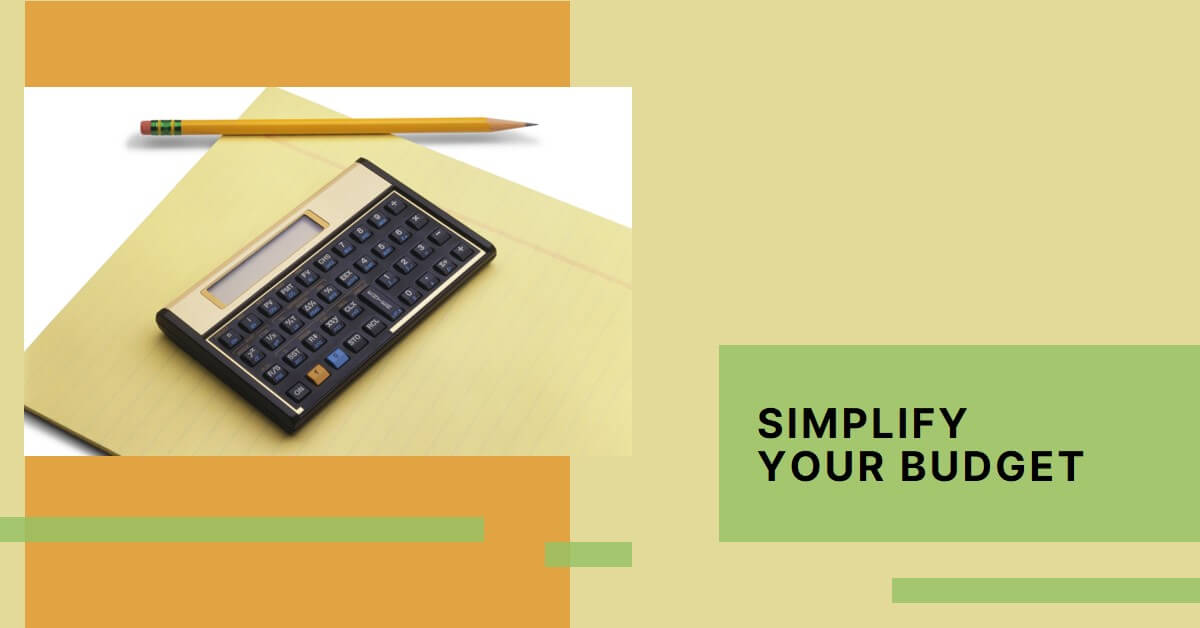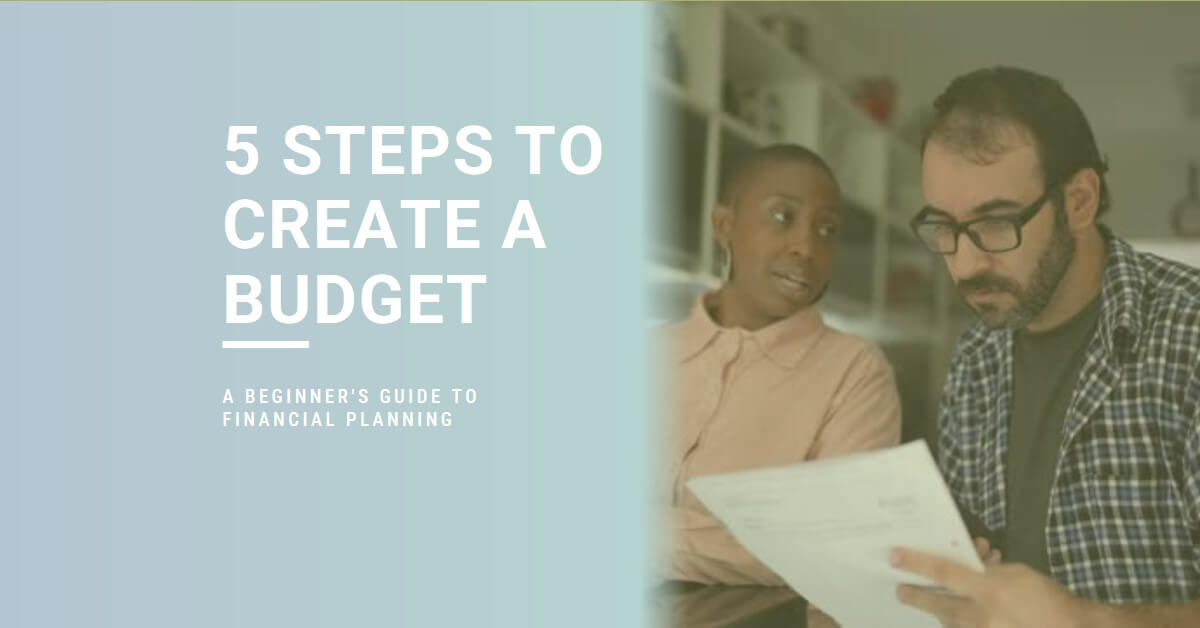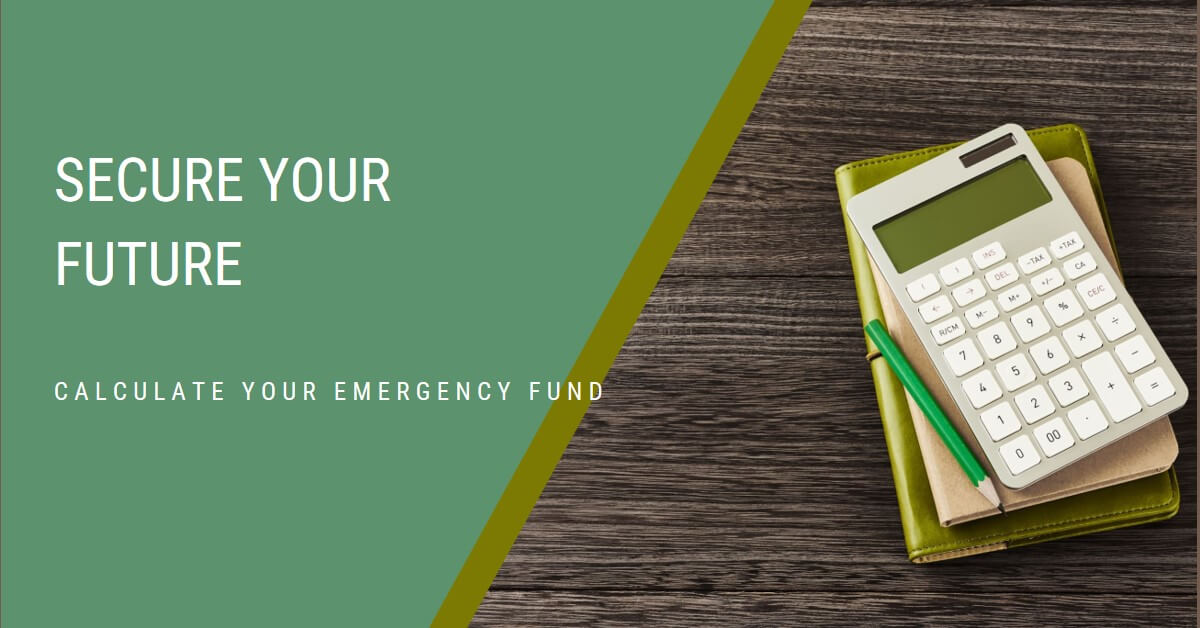
Simplify Budget: Tips for Recording Expenses
Budgeting is an essential aspect of personal finance management. It allows individuals to gain control over their finances, save money, and work towards achieving their financial goals. One crucial component of effective budgeting is accurately recording expenses. In this article, we will explore various tips and strategies to simplify the process of recording expenses and enhance your budgeting experience.
Understanding Budgeting
Before delving into the tips for simplifying expense recording, let's briefly define budgeting and highlight its benefits. Budgeting is the process of creating a plan to manage your income and expenses effectively. It involves allocating your financial resources towards various categories, such as housing, transportation, groceries, and entertainment. Budgeting provides several advantages, including:
- Financial Awareness: Budgeting helps you become more aware of your spending habits, allowing you to identify areas where you can cut back and save money.
- Goal Achievement: By tracking your expenses and managing your finances, you can work towards achieving your short-term and long-term financial goals.
- Reduced Debt: Budgeting helps you avoid unnecessary debt and guides you towards paying off existing debts faster.
- Peace of Mind: Having a budget in place reduces financial stress and provides a sense of security, knowing that you are in control of your money.
Tips for Simplifying Budgeting
To simplify the process of recording expenses and enhance your budgeting routine, consider implementing the following tips:
Tip 1: Track your expenses diligently
Start by diligently tracking every expense you make. This can be done through various methods, such as using a notebook, creating a spreadsheet, or utilizing budgeting apps. Make it a habit to record your expenses immediately after making a purchase. By doing so, you will have an accurate representation of your spending patterns.
Tip 2: Categorize your expenses
Categorizing your expenses allows for better organization and analysis. Create categories that align with your spending habits, such as groceries, utilities, transportation, entertainment, and personal care. Assign each expense to its respective category. This will enable you to identify areas where you are overspending and make adjustments accordingly.
Tip 3: Utilize technology and budgeting apps
Take advantage of technology to simplify expense recording. Numerous budgeting apps are available that automatically track and categorize your expenses. These apps provide visual representations of your spending patterns, offer budgeting tips, and send notifications when you exceed your allocated limits. Explore different apps and find one that suits your preferences and needs.
Tip 4: Set financial goals
Having clear financial goals will provide motivation and direction in your budgeting journey. Whether it's saving for a vacation, purchasing a new car, or building an emergency fund, define your objectives and break them down into achievable milestones. By aligning your expenses with your goals, you will be more inclined to track and limit your spending.
Tip 5: Automate your savings
Automating your savings is an effective way to stay consistent with your budgeting efforts. Set up automatic transfers from your checking account to a separate savings account. This way, a portion of your income will be automatically saved before you have the chance to spend it. It's a hassle-free method that ensures consistent savings and helps you avoid the temptation of unnecessary expenditures.
Tip 6: Review and adjust your budget regularly
Regularly reviewing and adjusting your budget is essential for its effectiveness. As circumstances change and priorities shift, your budget should adapt accordingly. Set aside time every month to assess your expenses, income, and progress towards your financial goals. Make necessary adjustments to your budget to reflect any changes in your financial situation.
Tip 7: Involve your family or partner in budgeting
Budgeting becomes more manageable and successful when it involves everyone in the household. Engage your family members or partner in the budgeting process. Discuss financial goals together and make joint decisions regarding expenses. By working as a team, you can support each other in adhering to the budget and achieving your shared objectives.
Avoiding Common Budgeting Mistakes
While recording expenses and managing a budget, it's important to be aware of common mistakes that can hinder your progress. Avoid the following budgeting pitfalls:
Mistake 1: Underestimating expenses
It's crucial to accurately estimate your expenses to avoid budget shortfalls. Be realistic and thorough when identifying all the expenses you incur regularly, as well as any potential irregular or unexpected costs.
Mistake 2: Neglecting small expenses
Small, seemingly insignificant expenses can accumulate over time and impact your budget. Pay attention to minor purchases, such as daily coffees or snacks, as they can significantly impact your overall spending.
Mistake 3: Ignoring irregular expenses
Certain expenses, such as annual subscriptions or vehicle maintenance, may occur irregularly throughout the year. Plan and set aside funds for these expenses to prevent financial strain when they arise.
Mistake 4: Failing to prioritize and allocate funds
Ensure that your budget reflects your priorities. Allocate funds to essential categories first, such as housing, utilities, and debt payments. This way, you can guarantee that crucial expenses are covered before allocating money to non-essential categories.
Mistake 5: Not accounting for emergencies
Emergencies and unexpected events are a part of life. Build an emergency fund that covers at least three to six months' worth of living expenses. This will provide a safety net during challenging times and prevent the need to rely on credit cards or loans.
Strategies for Reducing Expenses
Apart from accurately recording and managing your expenses, adopting certain strategies can help reduce your overall spending. Consider the following strategies:
Strategy 1: Cut down on unnecessary subscriptions
Review your subscriptions and cancel any that you no longer use or need. This includes streaming services, gym memberships, magazine subscriptions, or any other recurring expenses that no longer align with your priorities.
Strategy 2: Shop smart and compare prices
Before making a purchase, compare prices online or visit different stores to find the best deals. Take advantage of discounts, sales, or loyalty programs to save money on essential items.
Strategy 3: Cook meals at home and pack lunches
Eating out can quickly add up and strain your budget. Opt for cooking meals at home and packing lunches for work or school. Not only will this save you money, but it can also lead to healthier eating habits.
Strategy 4: Reduce energy consumption
Lowering your energy consumption not only benefits the environment but also saves you money. Unplug electronics when not in use, switch to energy-efficient light bulbs, and adjust your thermostat to conserve energy.
Strategy 5: Seek out discounts and promotions
Before making a purchase, research if there are any available discounts or promotions. Look for coupon codes, online deals, or seasonal sales that can significantly reduce the cost of the item you wish to buy.
Importance of Tracking and Analyzing Expenses
Recording and analyzing your expenses go beyond simply managing your budget. It provides valuable insights into your spending patterns and financial behaviour.
Understanding your spending habits helps you:
- Identify areas of overspending and make necessary adjustments.
- Determine areas where you can potentially save more money.
- Evaluate the effectiveness of your budgeting strategies.
- Track progress towards your financial goals.
By regularly tracking and analyzing your expenses, you become more intentional with your spending and make informed decisions that align with your financial objectives.
The Psychological Aspect of Budgeting
Budgeting not only involves numbers and calculations but also has a significant psychological aspect. Here are some considerations to keep in mind:
Overcoming financial stress and anxiety
Financial stress can be overwhelming, but effective budgeting can help alleviate this burden. By having a clear plan in place and being aware of your financial situation, you regain control and reduce anxiety about money matters.
Cultivating a positive money mindset
Adopting a positive money mindset is crucial for successful budgeting. Instead of viewing budgeting as a restrictive practice, consider it a tool that empowers you to achieve your financial goals. Focus on the progress you make and celebrate even small victories along the way.
Conclusion
Simplifying budgeting and accurately recording expenses are essential steps towards achieving financial stability and meeting your financial goals. By following the tips provided in this article, you can streamline your budgeting process, avoid common mistakes, reduce unnecessary expenses, and gain control over your finances. Remember, effective budgeting requires consistency, regular adjustments, and a positive mindset. Start implementing these strategies today and pave your way to financial success.
FAQs
1. How often should I review my budget?
It is recommended to review your budget at least once a month. However, if your financial situation changes or you experience significant life events, such as a job change or major expense, it's essential to revisit your budget and make necessary adjustments.
2. What if I overspend in a particular category?
If you overspend in a specific category, analyze the reasons behind it and evaluate if adjustments can be made in other categories to compensate. Consider it a learning experience and make conscious efforts to stay within your budget moving forward.
3. Can I use budgeting apps on multiple devices?
Yes, most budgeting apps can be used on multiple devices, such as smartphones, tablets, and computers. This allows for easy access to your budgeting information, regardless of the device you are using.
4. Should I involve my children in budgeting discussions?
Including children in budgeting discussions can be beneficial as it helps them develop financial literacy from a young age. Teach them about money management, saving, and responsible spending, which will set them up for a successful financial future.
5. How long does it take to see the benefits of budgeting?
The benefits of budgeting can be seen in the short term as well as in the long run. In the short term, you will gain a better understanding of your spending habits and start making conscious financial decisions. Over time, you will see progress towards your financial goals and experience increased financial stability and peace of mind.


